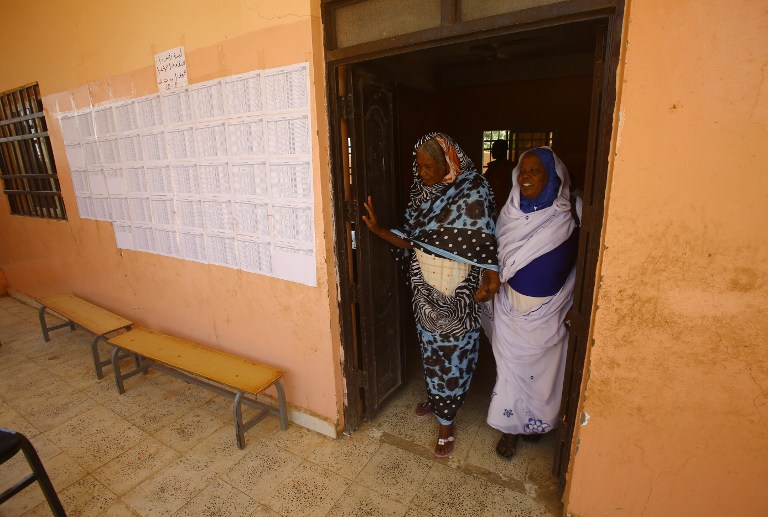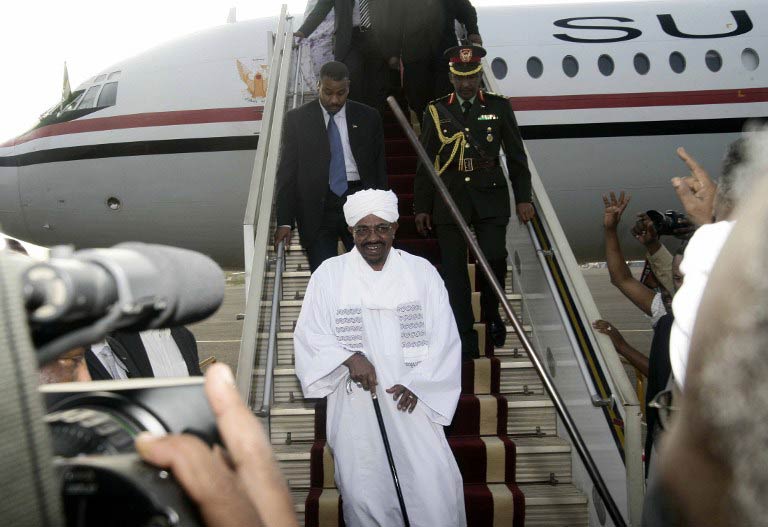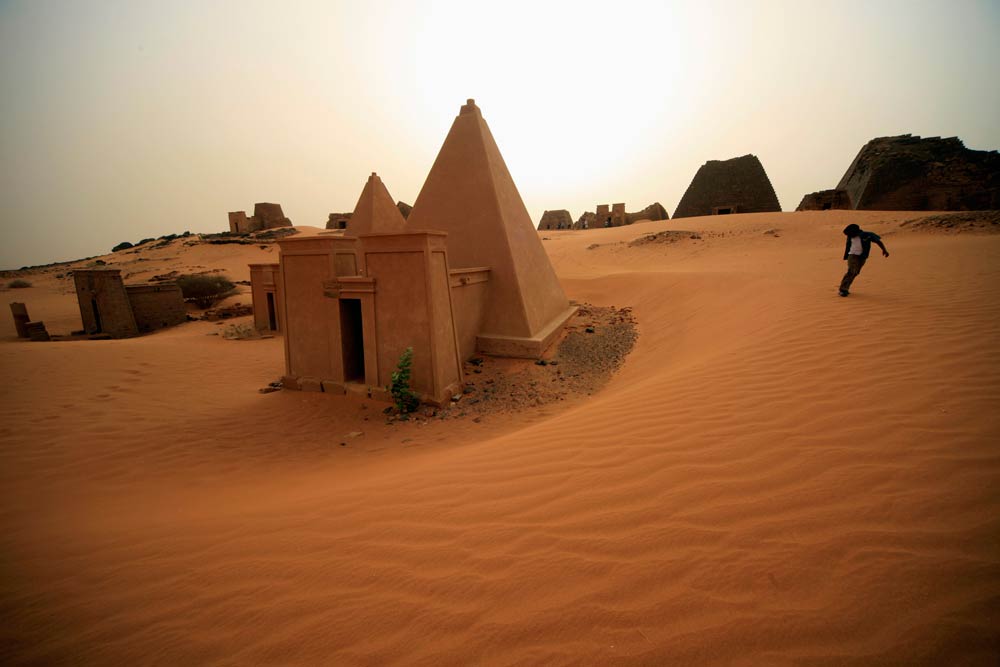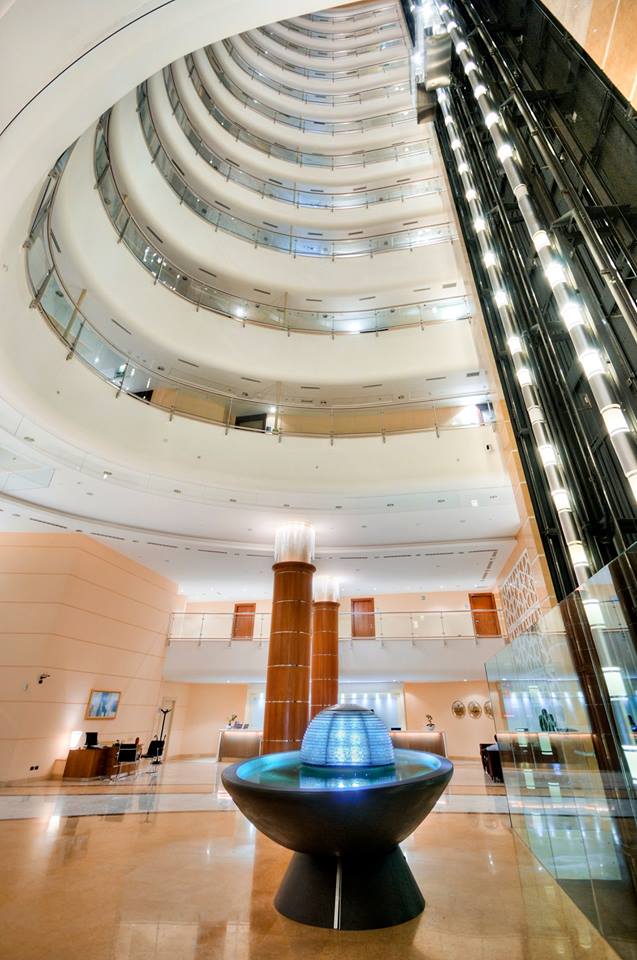
A Sudanese Christian woman arrested for wearing trousers has narrowly escaped the punishment of 40 lashes, in a case that human rights groups say is further damning evidence of the government’s intolerance to its Christian population.
Fardos Al Toum, 19, was arrested for indecency along with 11 other women in June in front of a church in Khartoum by the so-called morality police, who enforce the government’s strict codes, for appearing in public in trousers and skirts.
A judge pronounced his guilty verdict on Monday, and the rest of the 9 accused women will appear at separate trials throughout July, the threat of flogging still hanging over them.
Muhamad Mustafa, Al Toum’s lawyer, said it was pressure from activists and campaigners which prompted the court to abandon the punishment of lashes in this case. “This is the weirdest decision I have ever heard: the judge instead of declaring her innocent has convicted her without punishment, and this is itself is unlawful decision,” Mustafa told the Guardian.
“He gave her a lecture about the appearance of decent women, and he found himself in a bad position among the activists who came to support her. He didn’t want to lose his arrogance – that is why he came out with this decision.”
The women, aged between 17 and 23 and originally from the Nuba Mountains region on the border with South Sudan, have gained the support of groups who say the case is an example of the ongoing prejudice against Christians by a Muslim government intent on enacting Islamic law.
The group are being charged under article 152 of the criminal code which, based on Sharia law, bans “indecent dress”. Elfatih Hussain, another lawyer representing the women, says that the application of the rule is too broad: “They have different traditions and customs from Muslims, and they are being tried because the law is [too] loose,” Hussain told the Guardian.
Social stigma
In 2009, the Sudanese government faced international outrage following the arrest of journalist and UN officer Lubna Hussain – along with 13 other Christian women – who were also threatened with 40 lashes each for wearing trousers.
Amal Habbani, a rights activist with the group No to Women’s Oppression claims that between 40–50,000 women are arrested and flogged every year by the public order police because of their clothing.
Because the standard for contradicting what is considered “public morality” is subjective and not defined, Habbani says, the law is frequently applied arbitrarily, to the detriment of women and girls.
However not all cases receive media attention because it can “create social stigma to the women”, she said.
Habbani explains that this particular case reached widespread attention because of the activism of the women themselves, and thanks to social media support. “The cases are usually against women in the marginalised areas in Khartoum, and amongst poorer women,” Habbani said.
Amnesty International has called for the charges against the 12 women to be dropped. In a statement released on Sunday the organisation said: “It’s outrageous that these women face a risk of being flogged simply for choosing to wear a skirt or a pair of trousers. The public order law is imposed in a way which is hugely discriminatory and totally inappropriate and violates women’s rights.”
One of the accused, Wigdan Abdallah, said that the police mistreated the group and held them in a truck for hours before taking them to the police station in Bahri district, where they spent a further 16 hours.
“We were taken in a big truck along with drunken people and they kept driving with us on the streets of Khartoum from 9pm until 2am before arriving to the police station. Until then we didn’t know the reason for our arrest,” she said.
“The police abused us verbally – but they didn’t beat us – and we kept telling them we are not guilty of anything because we were wearing trousers or skirts with shirts, which are the normal clothes that we wear everyday and most of the girls in Sudan wear.”
Nahid Gabrallah, the director of Seema, a centre working to protectwomen and children, said: “We are very worried about [the women’s] wellbeing and psychological health, because according to our previous studies in similar cases they try to commit suicide after they go through such experience,” she said.
Organised prejudice
Sudan is a religiously, culturally and ethnically diverse country, however president Omar al-Bashir has long made his intolerance towards the country’s Christian and traditional African religions clear, which together make up 3% of the country’s population, according to official figures.
Bashir declared famously in a speech in 2010 prior the secession of South Sudan, that the country would follow Sharia law: “We don’t want to hear anything about diversity – Sudan is an Islamic and Arabic country.
“Sharia (Islamic law) and Islam will be the main source for the constitution, Islam the official religion and Arabic the official language,” he said.
For the people of the Nuba Mountains, this latest arrest is further evidence of an organised campaign of discrimination against them.
Arno Ngotilu, spokesman of the Sudan People’s Liberation Movement-North, said arrests like these are just further examples of the ruling party’s intolerance. “The National Congress Party is a racist group, and what happened to the girls is part of their campaign launched by the president in Nuba Mountains against the Nubian people.
“They want to rule Sudan with a very narrow-minded view, imposing one religion, one culture and one language,” said the rebel spokesman, whose group has been fighting the government in the Nuba Mountains and Blue Nile states since 2011.
Lawyer Hussain said that a major judicial shift is needed to stamp out such abuses of the criminal code: “We need to change the whole legal system in Sudan, which is against the Sudanese constitution itself and international human rights such as the international covenant on civil and political rights that Sudan has ratified,” he said.
“They were wearing ordinary clothes that all girls their age in Sudan wear, and what happened to them is a systematic discrimination against women.”
Zeinab Mohammed Salih for the Guardian Africa Network







